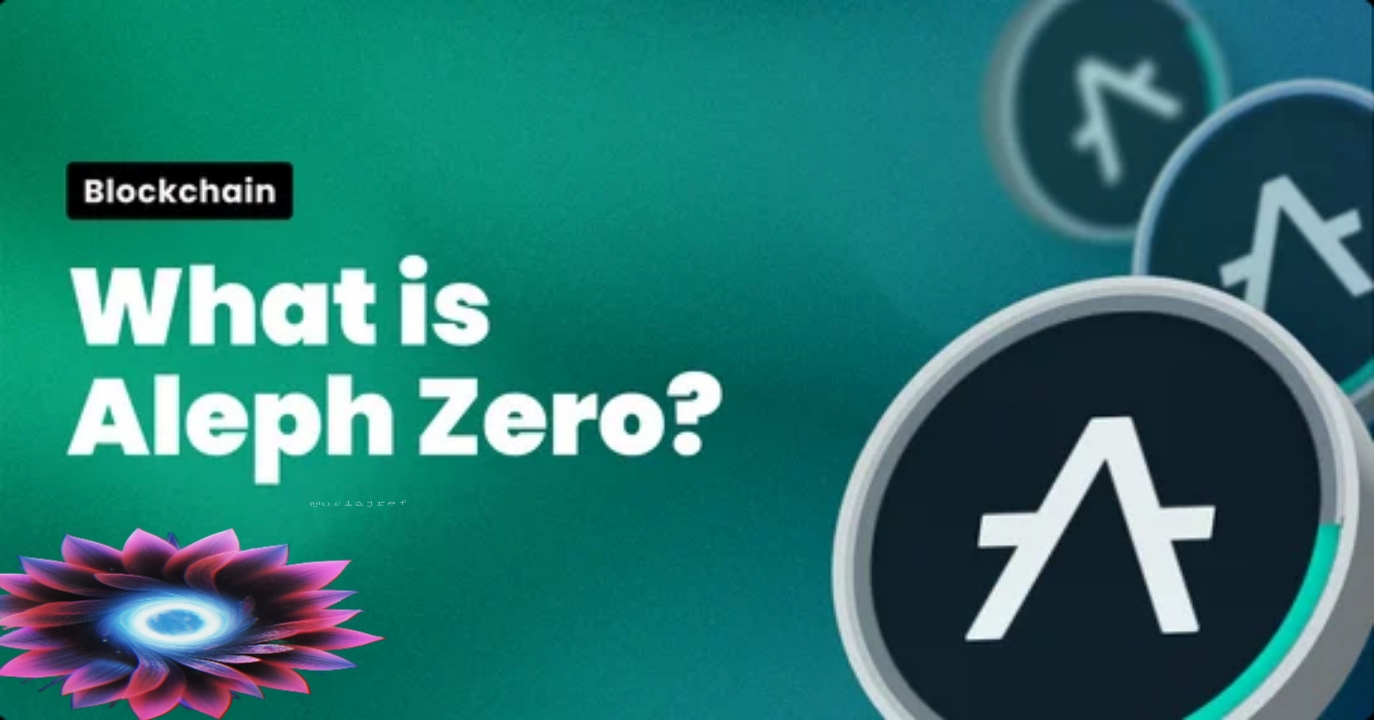
Investigating Web3 apps, zero-knowledge privacy, and the AZERO token
A Layer-1 blockchain called Aleph Zero enables programmers to create Web3 apps that are affordable, safe, and scalable. Aleph Zero's privacy improvements are enjoyed by both DeFi goods and games because of zero-knowledge encryption.
There are two main components to the Aleph Zero ecosystem. The Aleph Zero Foundation is in charge of directing the creation of the Aleph Zero protocol, on the one hand. The AZERO token is likewise issued by them. Conversely, Cardinal Cryptography is the Aleph Zero main development studio in charge of protocol development, research, and cryptography.
Aleph Zero clarified
Aleph Zero aims to offer a blockchain infrastructure that is safe, decentralized, and scalable, with a special emphasis on improving privacy. Aleph Zero as a platform guarantees instantaneous finality on transactions, enabling quick execution of on-chain activities and enabling strong scalability. Aleph Zero is developed by Cardinal Cryptography.
Mechanism of consensus
They put in place their own Alphabet consensus process, which can withstand 33% of malevolent individuals, to protect the network. Aleph Zero's asynchronicity guarantees that all transactions are approved by the network independently of time. Most importantly, no one node on the network is ever used to process any part of the operation. This makes the network resistant to denial-of-service assaults, and in the event that a network partition proves to be malicious, it is simple to restore it to its original condition.
It's crucial to remember, though, that the Aleph Zero smart contracts were created by the same group that created Polkadot and WASM. This implies that developers may leverage Aleph Zero's special capabilities on top of using Substrate to build their dapps.